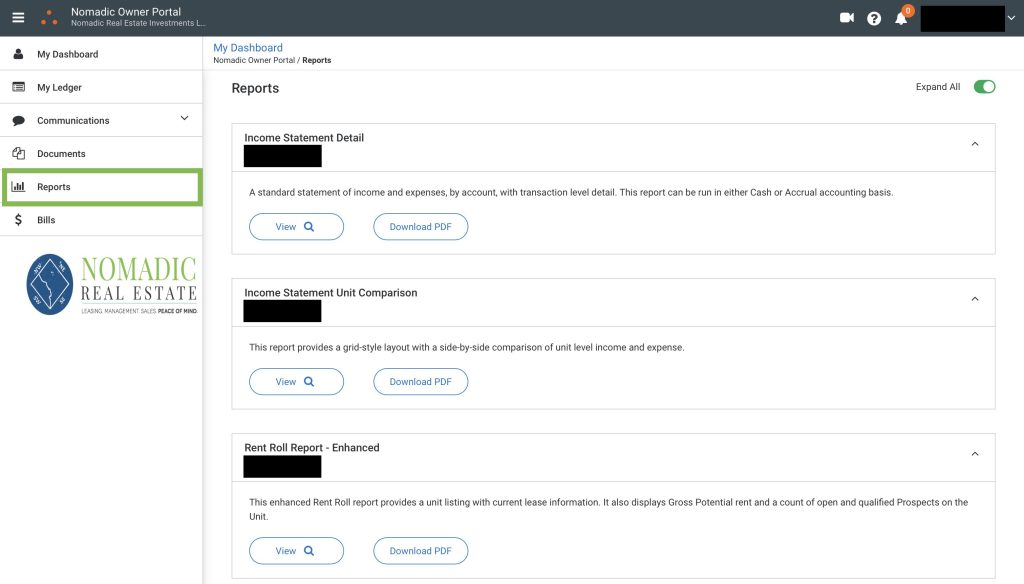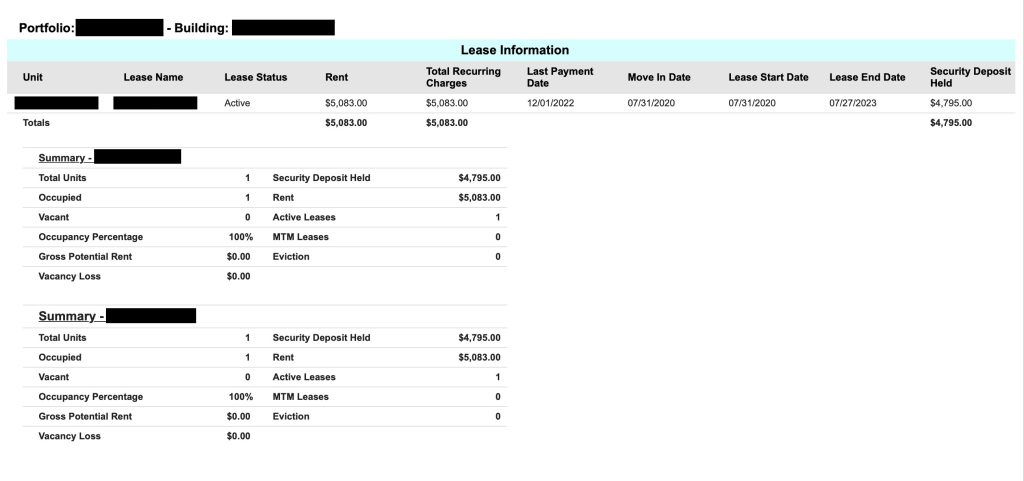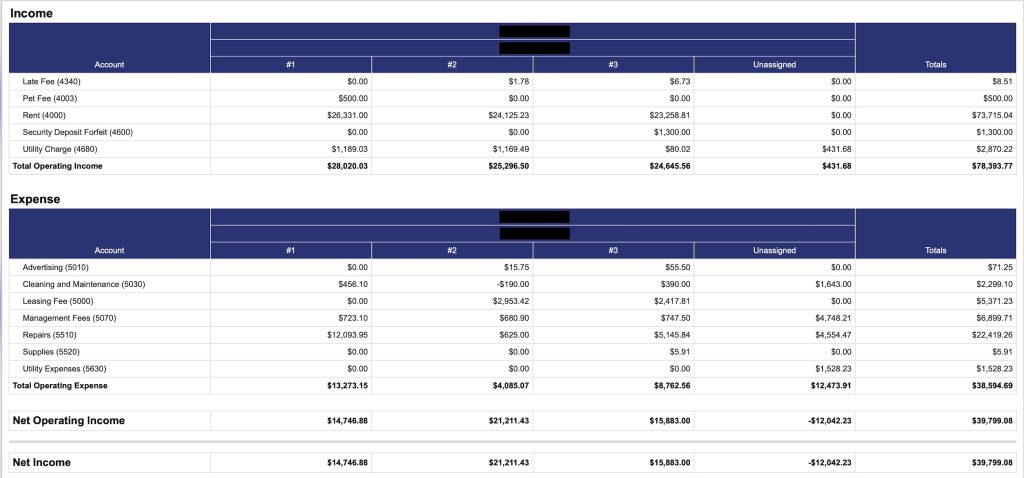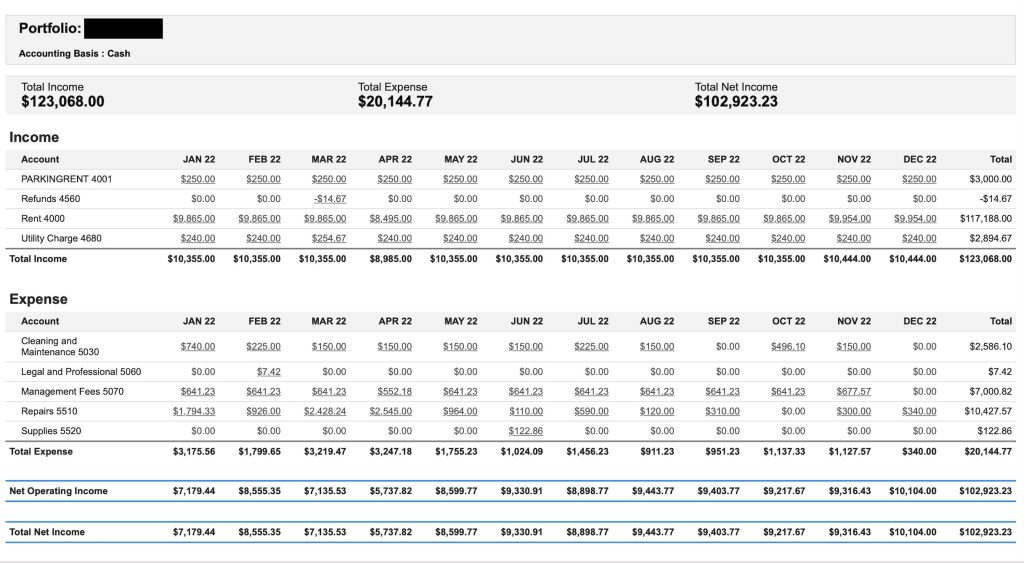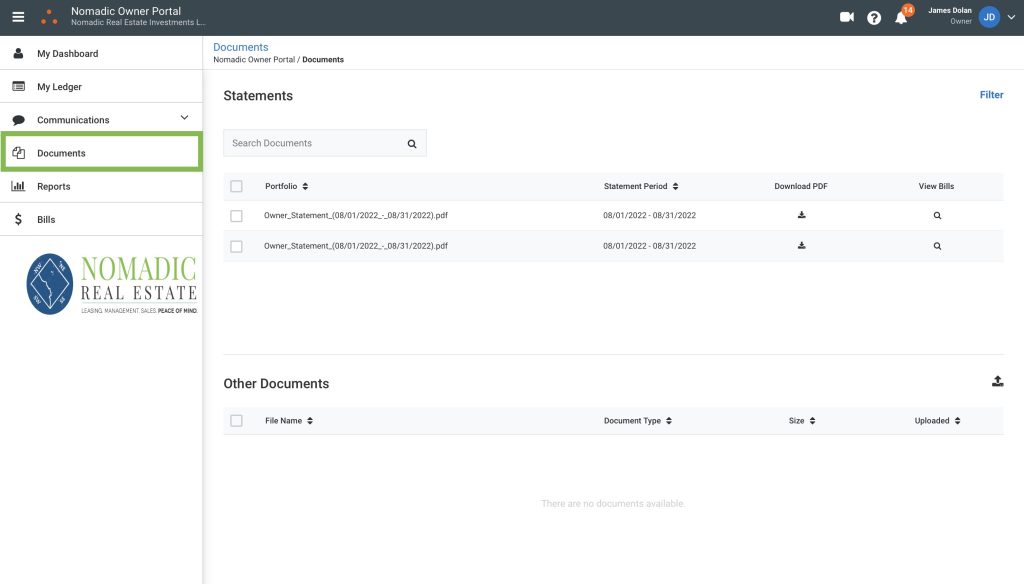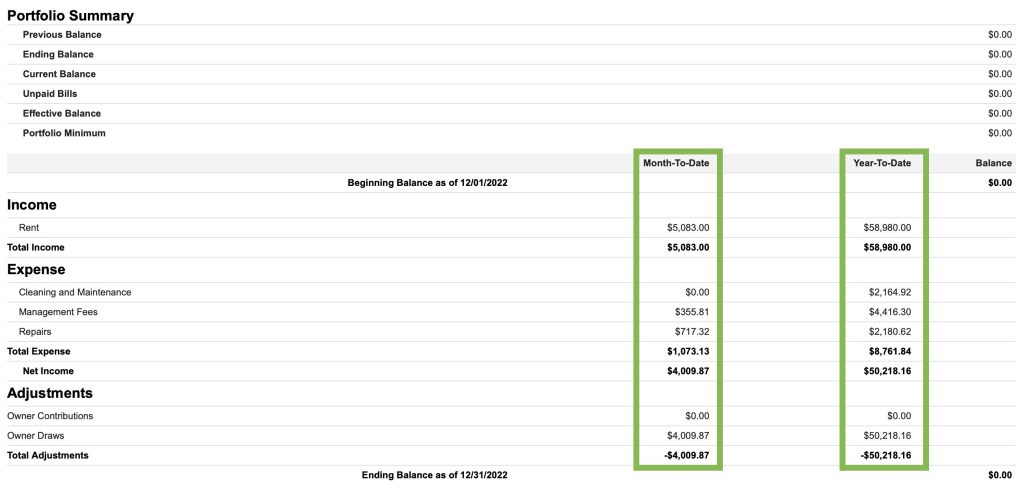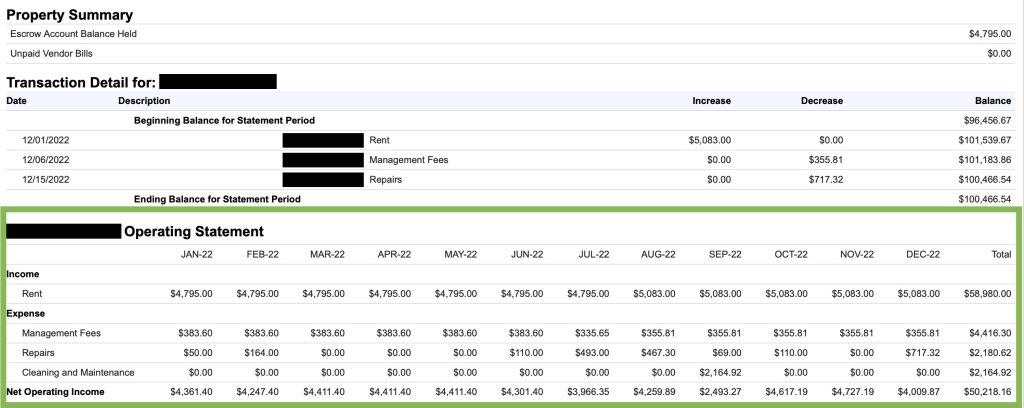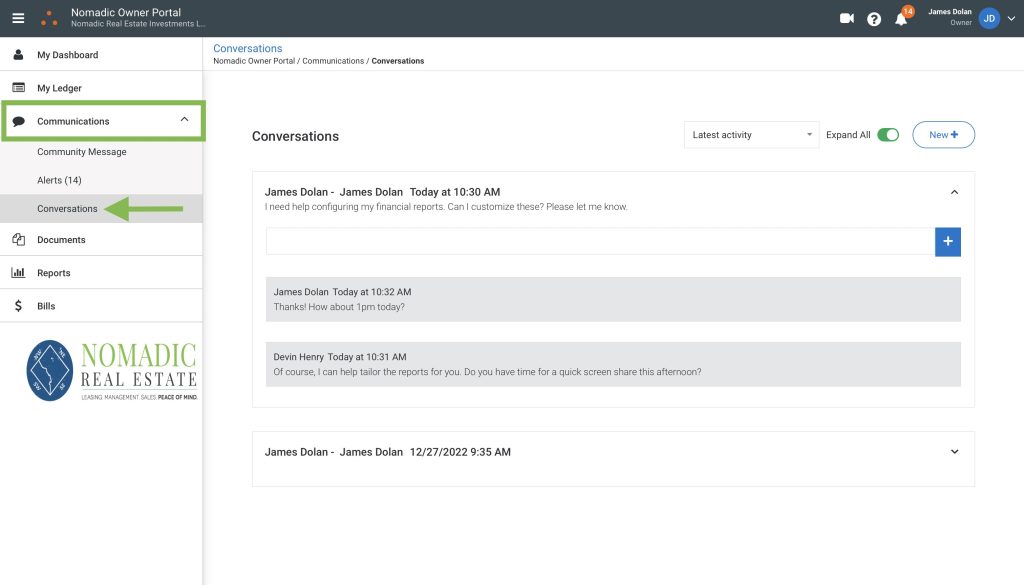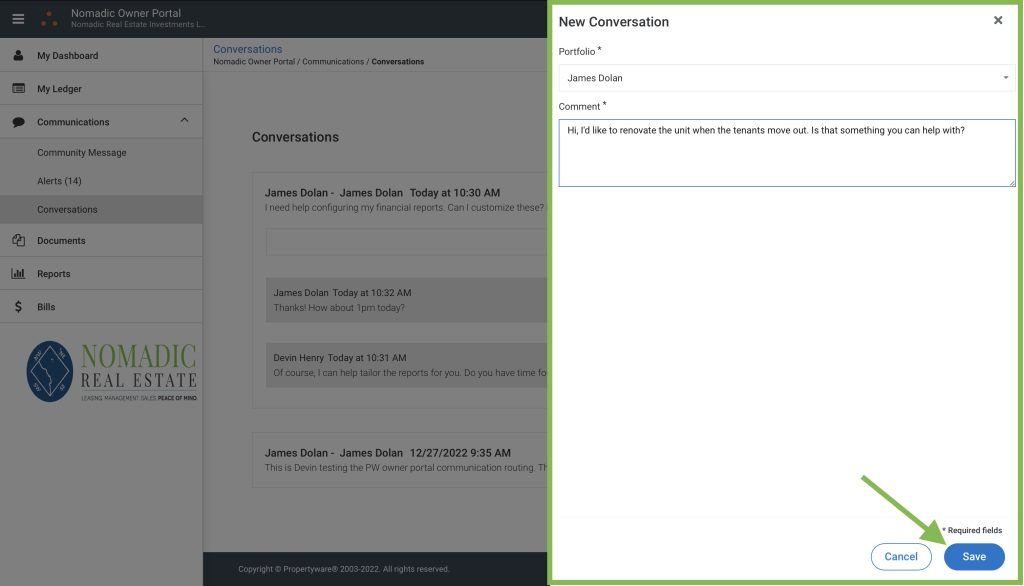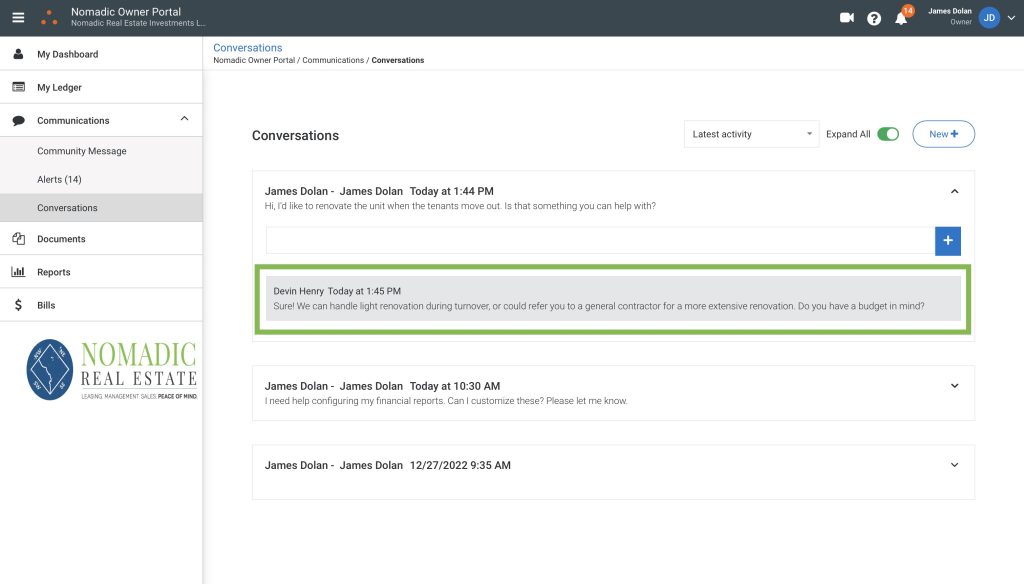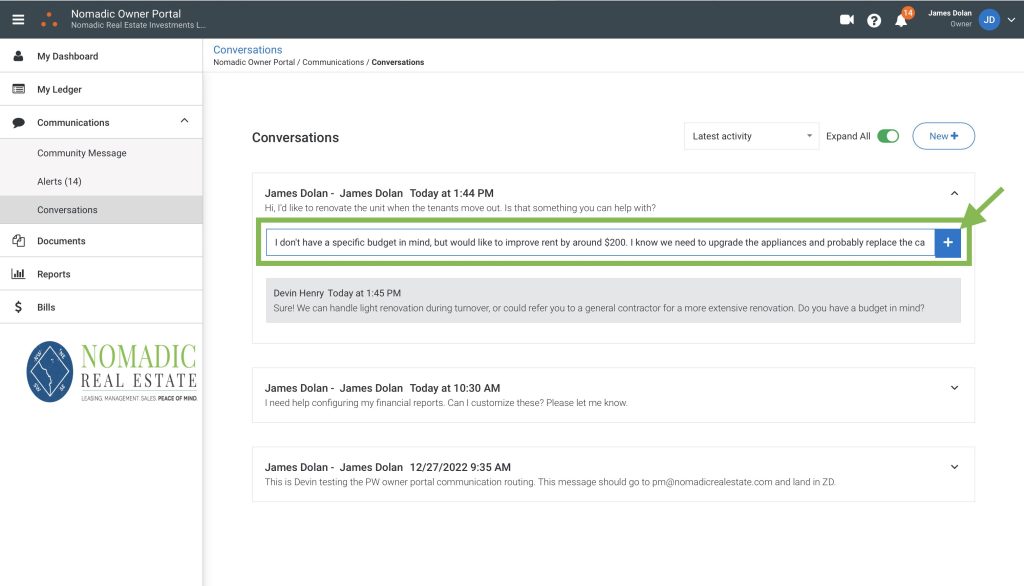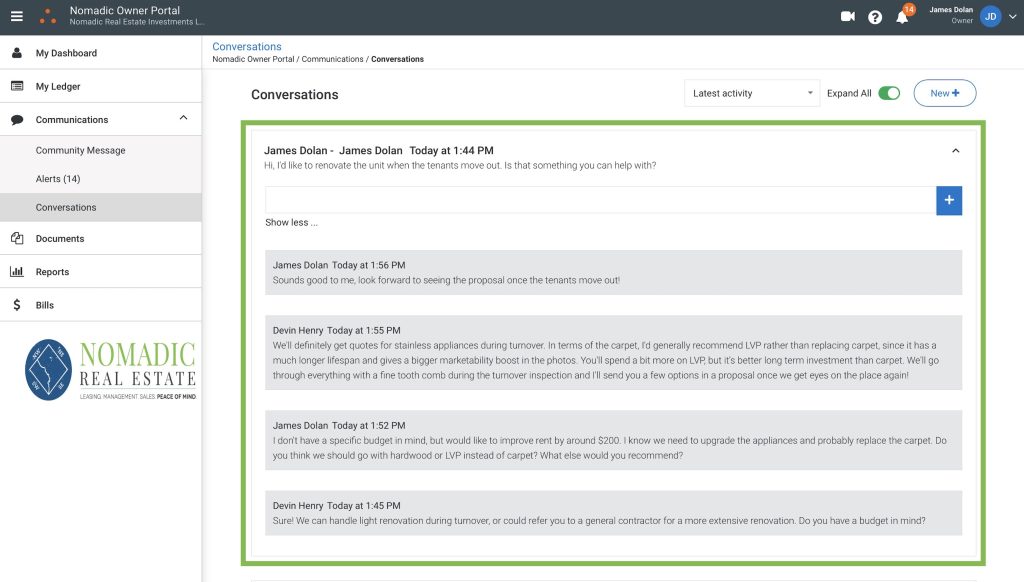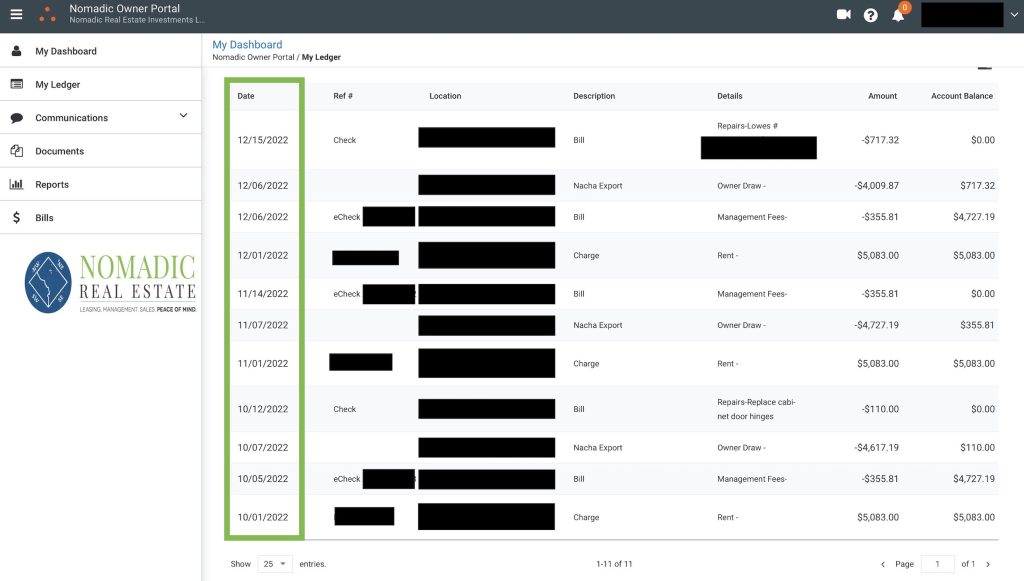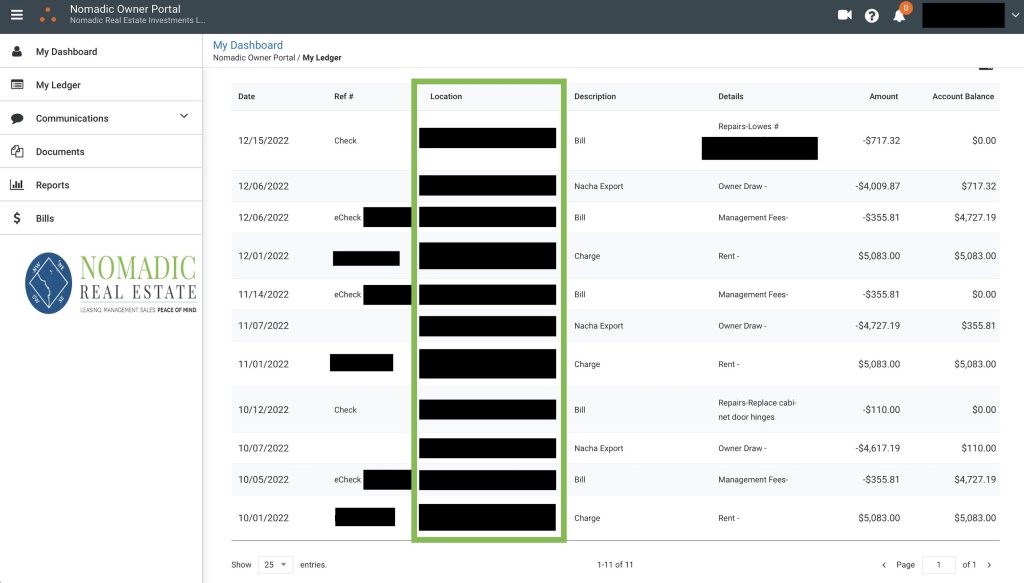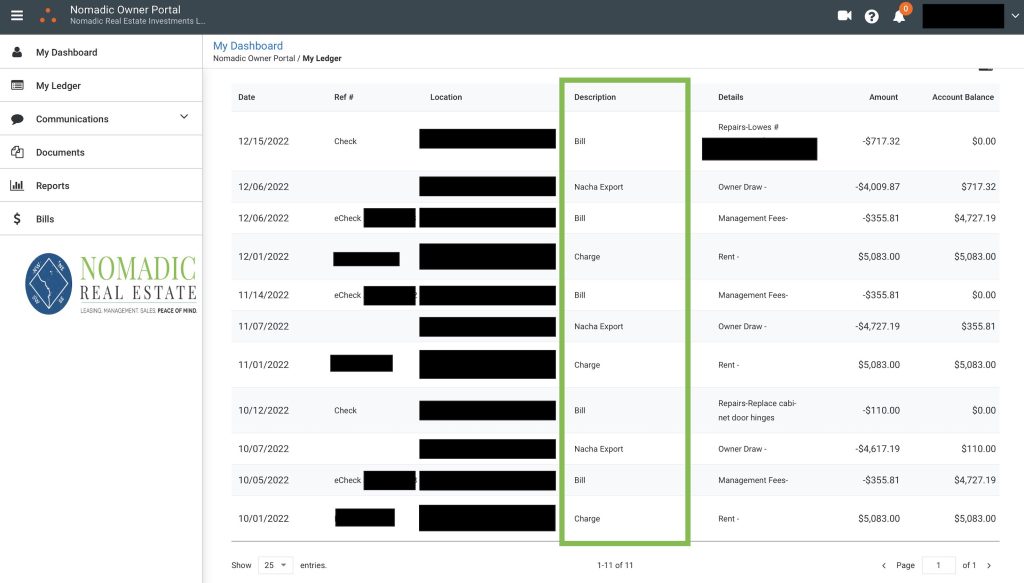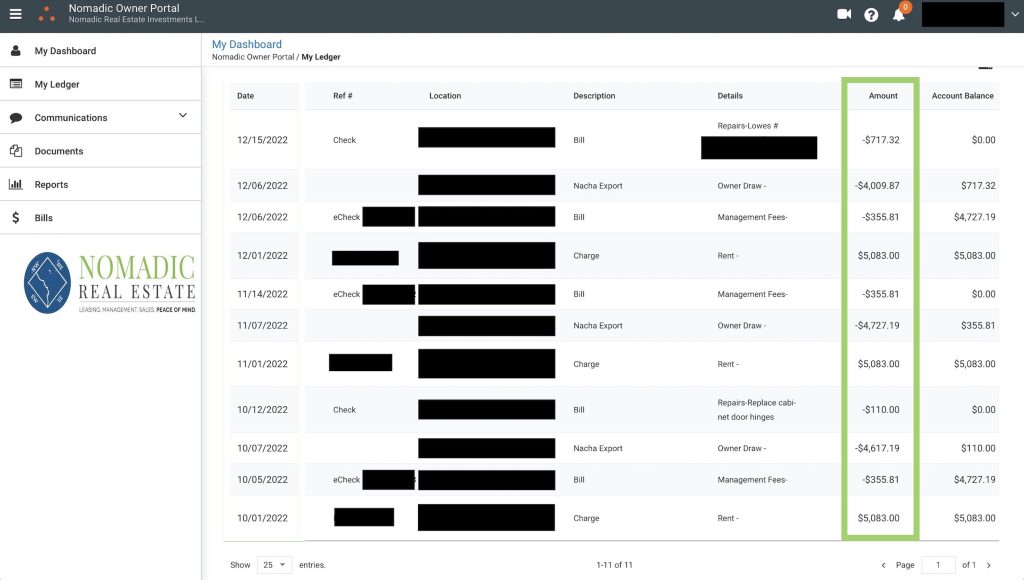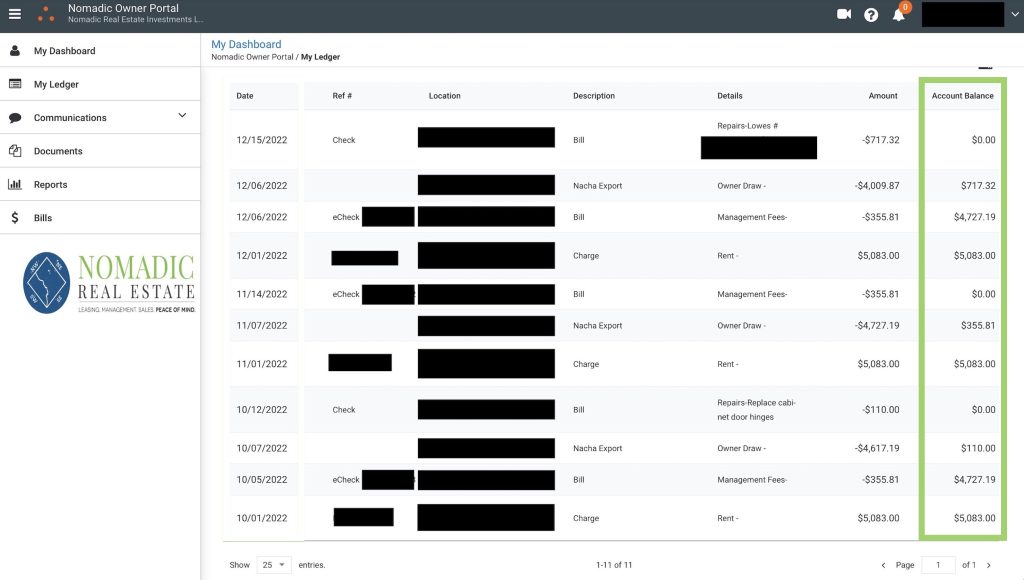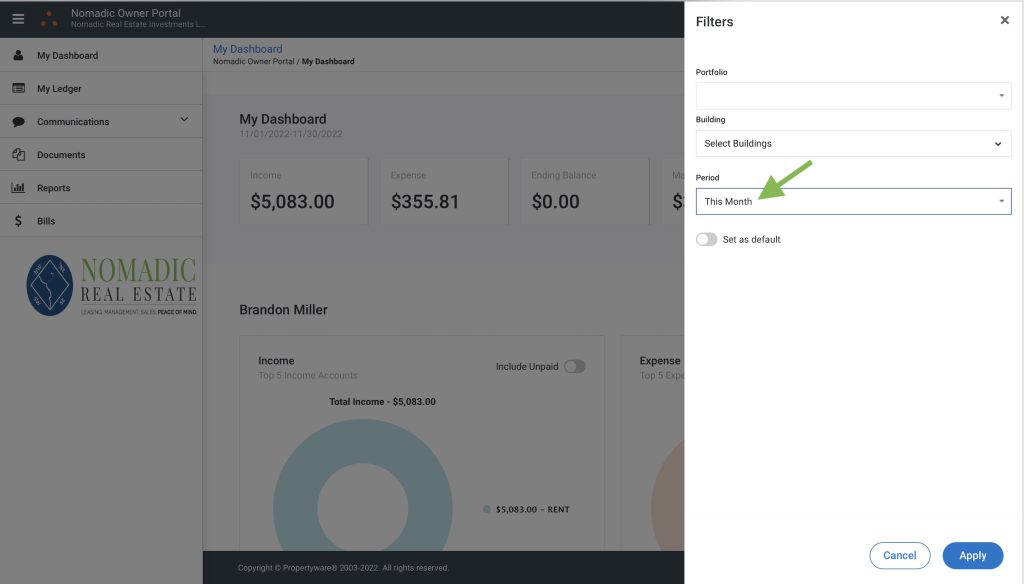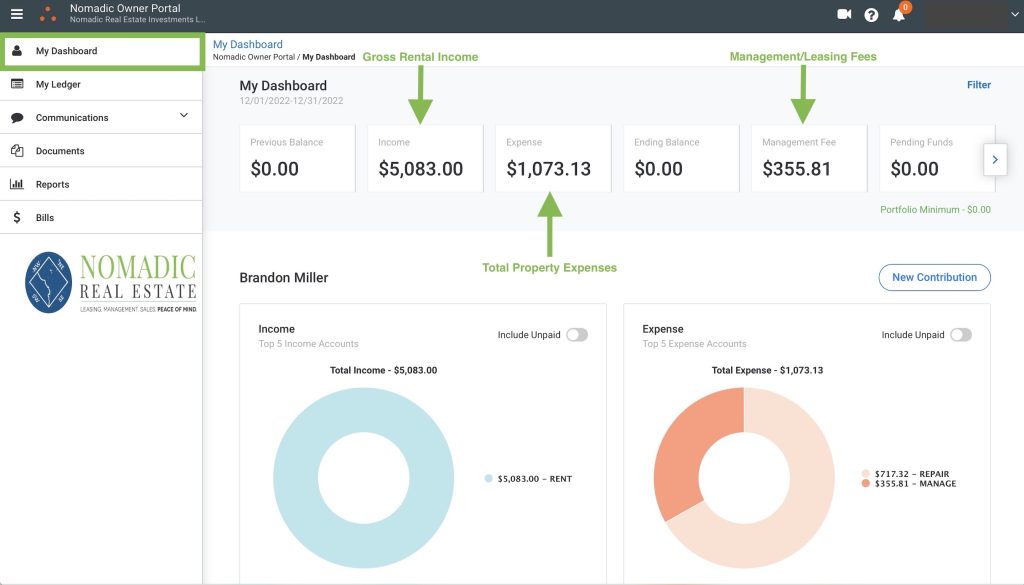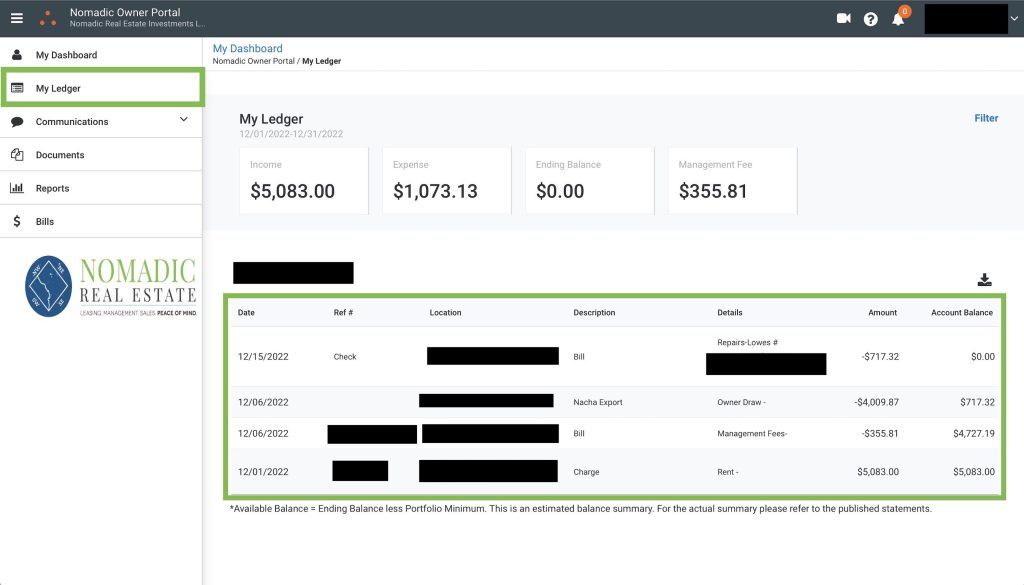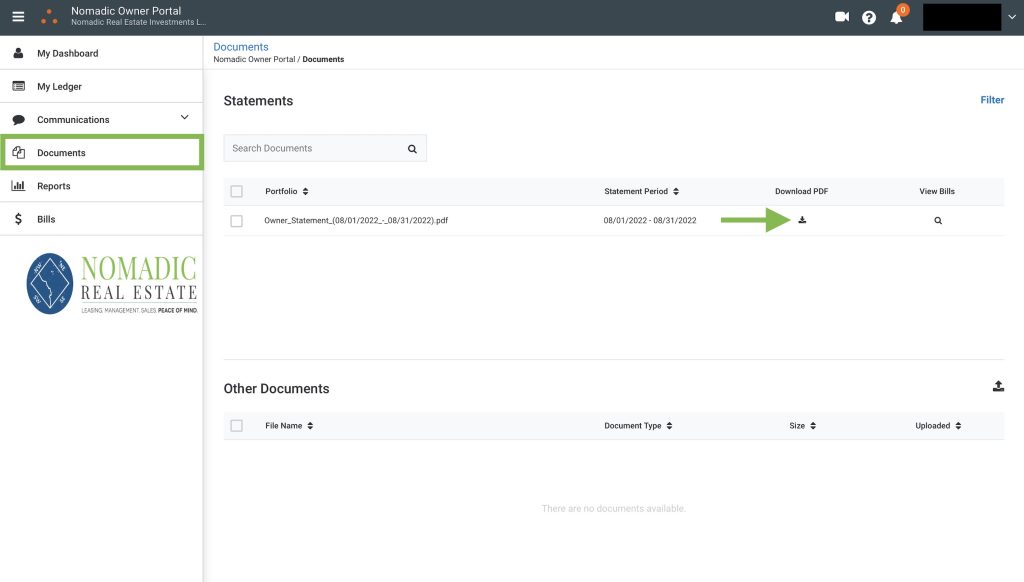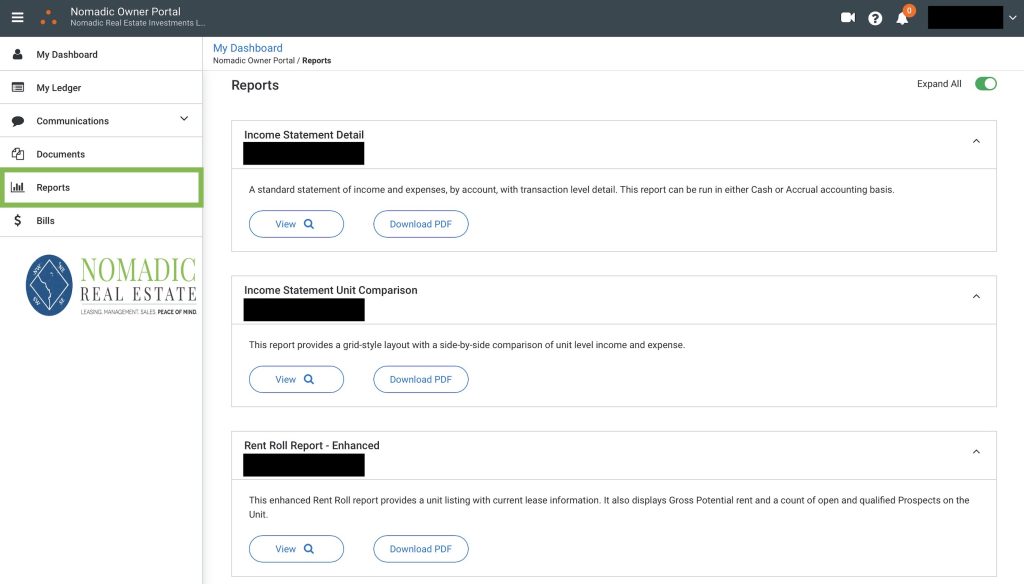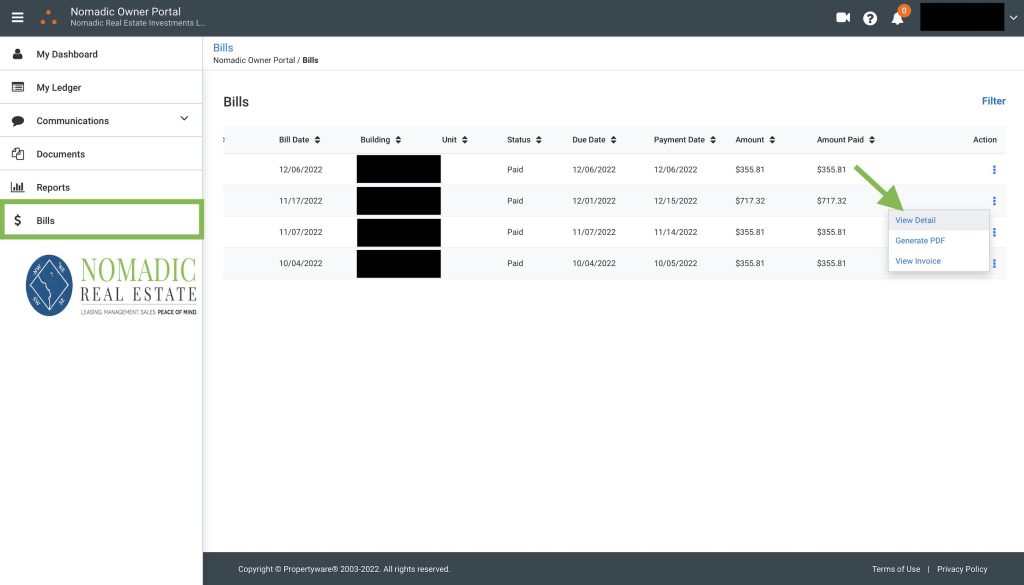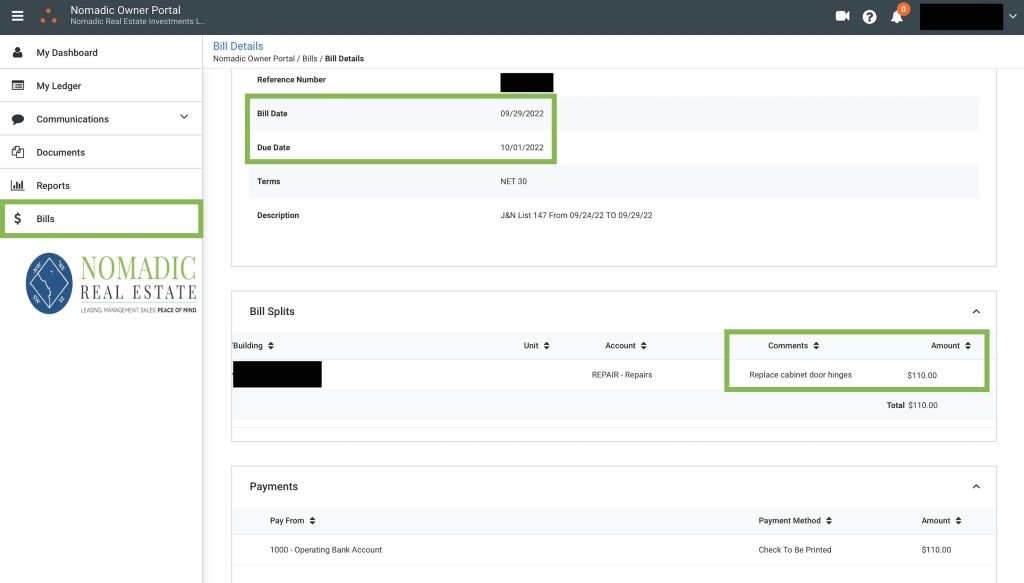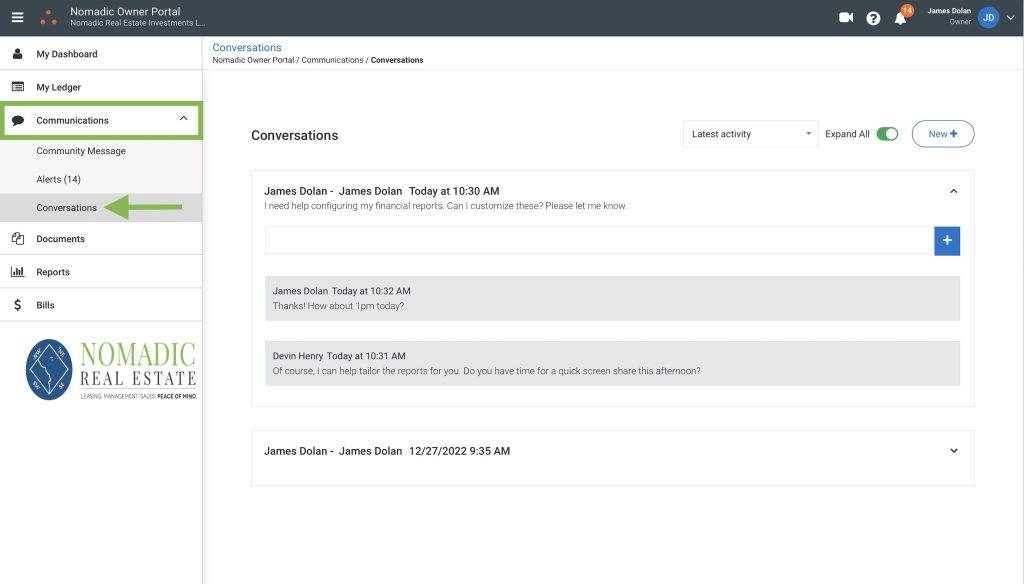Real estate investment is prevalent because the property should appreciate over time while building equity. The result is a steady passive income source that helps you build wealth throughout your working years and create a nest egg for retirement.
Your investment might not count as passive income, though, as it depends on a few factors, like how much time you put into managing your properties. Passive income also depends on making monthly profits, which some investors struggle to do in their early years. This guide will explore some questions you might have about rental property passive income in the Washington, D.C., area.
What Is Passive Income?
Passive income is any money you make from your investments without materially participating in their operations. Investing in a retail store or residential real estate complex typically counts as passive earning.
You can also accumulate passive earnings from dividend stocks that generate monthly income. The goal is to have money coming in without actively working for it when developing a passive income stream for your family.
Situations Where Rental Income Isn’t Passive
When is rental income not passive? It depends on how much work you put into managing the property. Some situations could turn your investments into active income and hurt your passive income rental property tax status. Here are some scenarios where your income might not be passive for tax purposes:
You Work in Real Estate
Real estate professionals must be careful about passive rental property income because your tax status changes when 50% of the services you provide in a year are in the real estate industry. This scenario could limit your ability to make passive income, but you’ll want to speak with a tax expert before making a decision.
You Rent the Property to Your Business
You can’t rent a property to a business you own and count the income as passive. Your rental income in this scenario is active because you have an interest in the company that stands to earn income from the property.
You Invest Too Much Time
Spending too much time working on your rental properties could turn them into active income. These properties have to take more than 750 hours of your time each year for this to be an issue, though, which would likely mean you own multiple properties.
You can own as many rental properties as you can afford and retain your passive income tax status as long as managing them doesn’t become your full-time business. Learning the ins and outs will show you how small investors are making passive income in real estate.
Seven Tips For Making Passive Income in Real Estate
The goal is to turn your rental properties into a steady monthly income stream, but it’s unlikely to happen overnight. You’ll need to develop goals and create a plan to accomplish them before you begin achieving the results you want. Some tips that could point you in the right direction include:
1. Use Leverage
Leverage is when you borrow capital to increase your potential return on investment. This idea is relatively straightforward in real estate because you’ll take out a mortgage to pay for a property you otherwise couldn’t afford since the ultimate payout is typically far greater than a home you could afford with cash. You can also leverage the equity you gain in one home to pay for another investment property in the future.
2. Research the Market
Buying a rental property in the right area is essential. You could find a perfect-looking house at a reasonable price, but things will quickly go south if the neighborhood is dangerous or doesn’t have the amenities renters are seeking. Carefully research the local market and its quirks before diving into an investment to ensure passive income is possible in the area.
3. Consider Your Additional Expenses
It’s easy to overlook other expenses a rental property requires. These costs include maintenance, repairs, utilities, and landscaping, which will take time, money, or both. You’re also responsible for replacing appliances, so there’s more than the mortgage to consider when it comes to your property costs.
4. Make a Large Down Payment
Putting down as much money as possible reduces the amount you’ll have to borrow and creates a more significant passive income stream earlier in the process. This scenario means your monthly mortgage payments could be lower, so more of the money you charge for rent goes into your pocket at the end of the month.
5. Pay It Down Quickly
A shorter-term mortgage that you pay off quickly helps create a more significant passive income stream earlier in the investment process. Some mortgages allow you to make double or lump sum payments to pay it down more rapidly.
6. Screen Your Tenants
Your rental property’s ability to generate passive income relies on the tenants renting it. Problem tenants could make late rent payments, damage the home, or take more of your time, which are issues for landlords. Taking the time to adequately screen every renter is worth the hassle because it’ll make your life easier in the long run.
7. Hire a Property Manager
A property manager can remove significant work from your plate and turn real estate into a genuinely passive income stream. You’ll be responsible for at least some work without a property manager, but making this hire ensures you can be as hands-off as you wish regarding your investment.
Following these tips can help you reach your passive income goals. The result is a rental property that makes you money every month without much effort on your end whatsoever.
Get Help Meeting Your Passive Income Goals
Passive income is all about having additional money coming in without doing extra work. You’ll have to invest your money to earn passive income, and real estate is a popular avenue because it builds equity and provides income while your renters pay your mortgage.
Nomadic Real Estate offers property management services in the Washington, D.C., area. We’ll help ensure you have responsible tenants in your units while taking care of maintenance and the rest of the time-consuming, day-to-day tasks that could make real estate unappealing. Contact Nomadic Real Estate for more information about your Greater D.C. property management needs.










